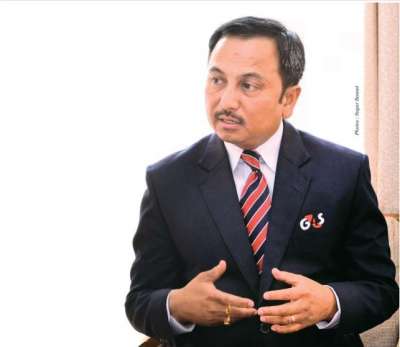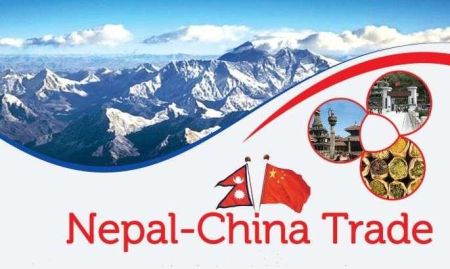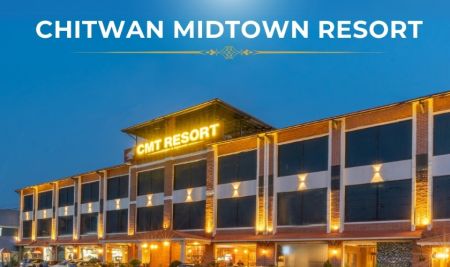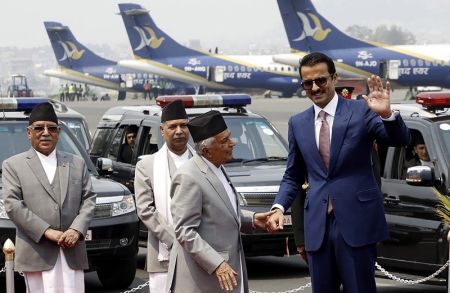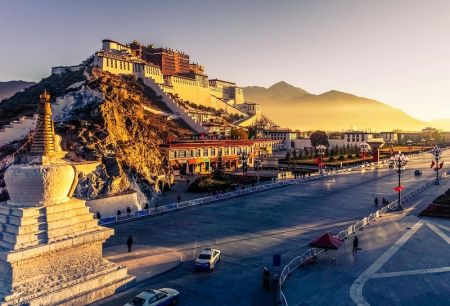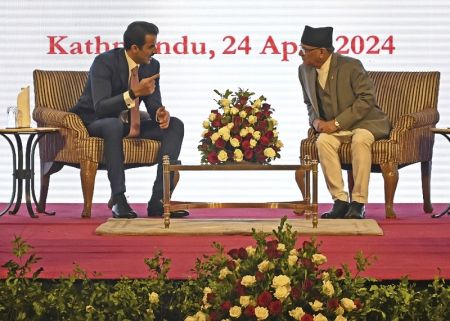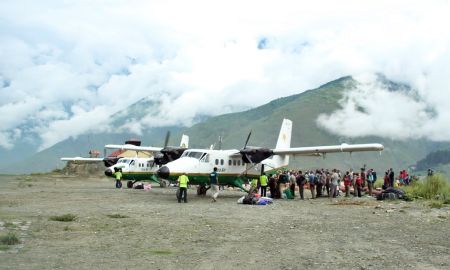We Want To Make Mobile Telephony More Affordable

Ncell's customer base has crossed six million. How sustainable is this rapid growth in the number of customers?
We have reached six million customers but the penetration is still low in Nepal. We are talking probably somewhere in the region of 50 per cent, meaning that only half of the population have mobile phone connectivity. So, there is still a huge potential. We are expecting the same kind of growth in the future as well because we believe that people need mobile phones. We have experienced rapid growth in the last two years and increased the customer base by three million within a year. So, mathematically speaking, we should have nine million customers after a year if everything goes as expected. The growth is sustainable because every customer we get into the system is generating revenue. The most important aspect is that our customers are happy with us. Therefore, we plan to continue investing in our operations.
At the time of rebranding, Ncell had only about 2.2 million customers. It has taken a giant leap since, in terms of customer base, coverage and brand name. What is the secret of this huge success?
Rebranding was like a new promise not only for our customers but also for our company and the employees to increase the overall customer service level. So, we decided to invest heavily in the network and subsequently, the rebranding exercise. We doubled the network before the rebranding to make sure that we have something to operate that is good quality network. When we started marketing the new brand, it was an entity of this whole package of services. Service, in our case, is very intangible in the sense that people call each other and there may be 100 million transactions each day. We have to guarantee that these transactions are successful because it's only then that people will come to us. I think this was a major reason for our huge success. Of course, rebranding was another very essential component of our success.
With this tremendous growth, Ncell must be making a huge profi t now. How are you doing on revenue?
Well, it depends what you call a profit. We are not profitable yet if you talk about cash flow which is the main issue when talking about profitability. Revenues are good and we have gained a lot of market share during the last couple of years. But we have invested a lot on infrastructure as well so a big investment takes time to recover. We are spending three to five times more in infrastructure than in other TeliaSonera countries due to difficult terrain and climate. We have to remain humble towards our customers and give them good services and hope that results will follow in due time.
What kind of policies do you have to attract more customers especially from rural areas?
As you must have seen, we have had a lot of campaigns in rural areas. We want to support the campaigns knowing well that not everybody in Nepal has the same amount of money. Therefore, we have had a lot of rural campaigns to make mobile telephony more affordable for everybody.
Though Ncell has sold more than six million SIM cards, it is said that a large number of SIM cards issued are not in operation. What is the actual number of your active mobile phone customers?
Active ratio varies, of course. Out of the over six million sim cards we are talking about, we know that some of them are not currently in operation. There are people who switch on their phones at certain times only for receiving calls because it does not cost anything for the receiver. The active ratio varies between 80 per cent to anywhere close to 100 per cent. For example, it was almost 100 per cent when we had the earthquake on 18 September.
Tell us about TeliaSonera's Nepal experience in comparison with other countries?
TeliaSonera has been very happy about the investment in Nepal. We are already in number three position among all nine countries in terms of number of users. So, naturally TeliaSonera is very satisfied with what we have done here.
How is the response to your smart phone service like Blackberry?
We launched Blackberry because we wanted to make a difference and we are the only operator selling Blackberry in Nepal. We knew from other markets as well that Blackberry will become an essential service for the people who need to be connected while on the move and people who have enough money. In this respect, we are very happy about it. This is an exlusive service targeted at an affluent segment of the market.
We also have Ncell Pro which is a very good approach. In the longer run, we are expecting it to be a great success because we combine the handsets and talk time, sim card, data package and sms package as one set that is easy to buy. But it takes time for people to realise the benefits of it.
It is said that Ncell and NTC the two telecom giants have left no space for new telecom operators. Is it really that diffi cult for new comers to penetrate in the telecommunication market now? How many operators do you think this market can sustain?
Well, this is a free market and anybody can invest and operate here. However, we do not have many companies in Nepal who are ready to take the risk by investing first. TeliaSonera has a history of entering emerging markets early. Kazakhstan was among the emerging markets we entered soon after Soviet Union collapsed, in 1994. It takes time to build the kind of massive operations that we have so it's not an easy business. I personally believe that this market can sustain three operators.

What is your take on the practice of squatting on the spectrum license?
We actually have enough spectrum allocated to us and so far we have paid for the spectrum and the license in full. We have also fulfilled all the requirements of the NTA concerning the licenses including the spectrum. On our part, we are clear and it's not for me to analyse about some other companies holding spectrum. NTA too has introduced a fee for companies not using the spectrum effectively enough. It has the provision to penalise them for the so called holding of frequencies.
What are your expectations from the regulatory authority for the improvement in quality of services along with this sectors growth and expansion?
Many things have been clear in the sense that we want to have a level playing field. Especially, when NTC is a government corporation, they do have the advantage of being in the country earlier than us. But the biggest issue is that they are not following NTA regulations. Let me give you an example. There is a rule that the congestion between the operators can be maximum 0.1 per cent meaning that one call out of 1000 can fail. Now, the situation is that for the past two-and-a-half years, I have been here and we have been talking about NTC not being able to give us enough capacity and units so that our subscribers can freely call the NTC network. During the peak hours, the congestion can be up to 60 per cent which is unfair.
We had a very open discussion with NTC and NTA asking them to give us the space because we want to build a good telecom infrastructure company in this country. But, we are compelled to follow what someone else is doing. We don't want to be dependent on our competitors and want them to follow the regulations that are laid out. There is also the issue of cross subsidising, meaning, if you have an NTC mobile phone, you can call the NTC landline without any interconnection charge. However, in our case, we have to pay 52 paisa for every minute when our customers make calls to their network. This means that we cannot be price competitive with NTC on that level and this, of course, is a very wrong practice.
Some time ago, Ncell had commented that the authority was biased against the private telecom operators and especially Ncell. What was the biased treatment?
We are the biggest foreign investor in Nepal so we are requesting for equal treatment and equal level playing field. For examplem, for permission requirement, foreign exchange permission and license renewal fees should be equal for all operators which has not been the case so far.
WiMAX and 4G spectrum are not issued by the authority yet. Why do you think they are rigid about it?
To tell you the truth, 4G is essential. But it is not urgent because we are totally occupied building the 2G network. We have always seen that people are very keen on using wireless broadband. Our Ncell Connect became the number one ISP in the country within a period of eight or nine months which really proves that people are willing to have wireless internet connection. I don't believe in WiMAX at all as it is a very limited kind of technology with no handsets available and promises to be an expensive proposition. I really intend to request the government to concentrate on GSM because evolution such as the 4G will continue to take place.
Do you think 4G will be suitable for Nepal?
Sure, because it gives excellent speed for data surfing. Now with HSPA, we can go up to 3.6 mbps and with HSPA plus, we can go up over 7 mbps. For instance, when 4G was launched in Sweden, it brought huge improvement to data speed.
How long will your aggressive marketing continue?
I hope that we continue in the same manner forever. This is a continuous business and we have to give people value for money and time. Marketing is not only about marketing communication, but also about best customer experience. Marketing communication gives promises via billboards and advertisements. But we have to fulfill those promises with other aspects of the infrastructure - network, billing system, call centre, point of sales etc. Our aggressive marketing has reached us this far. So, we are more than happy to continue practicing it and hope that it pays us great dividends in the long run.


